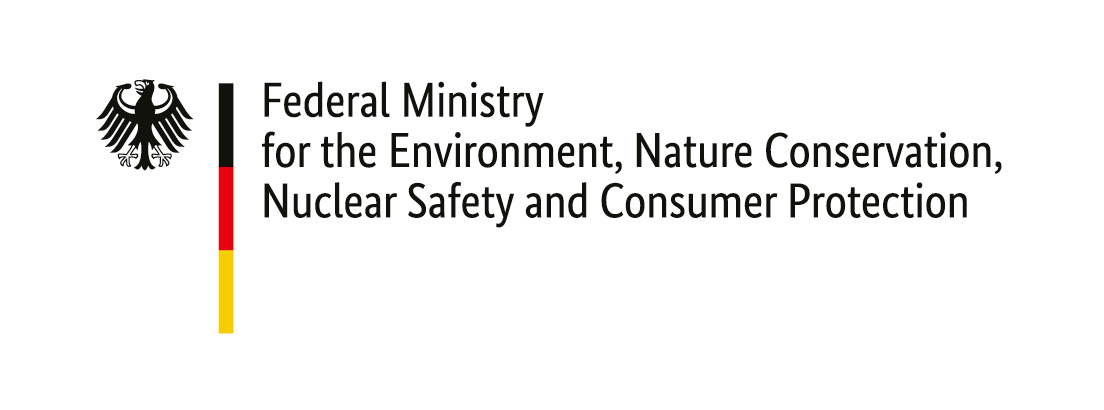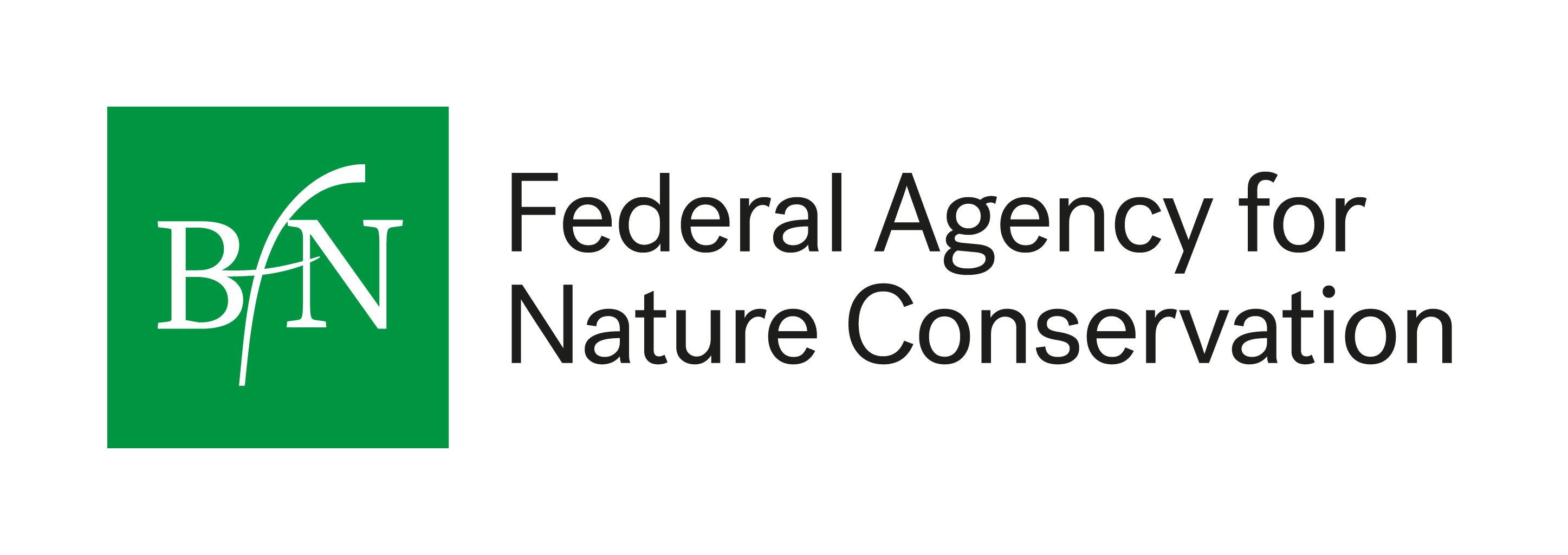FAR-DSI: Feasibility Assessment of Regulation for Digital Sequence Information
Regulations being discussed for DSI will impact science as we know, particularly in biodiversity-related fields. We investigate the feasibility of such regulations from a service provider perspective.
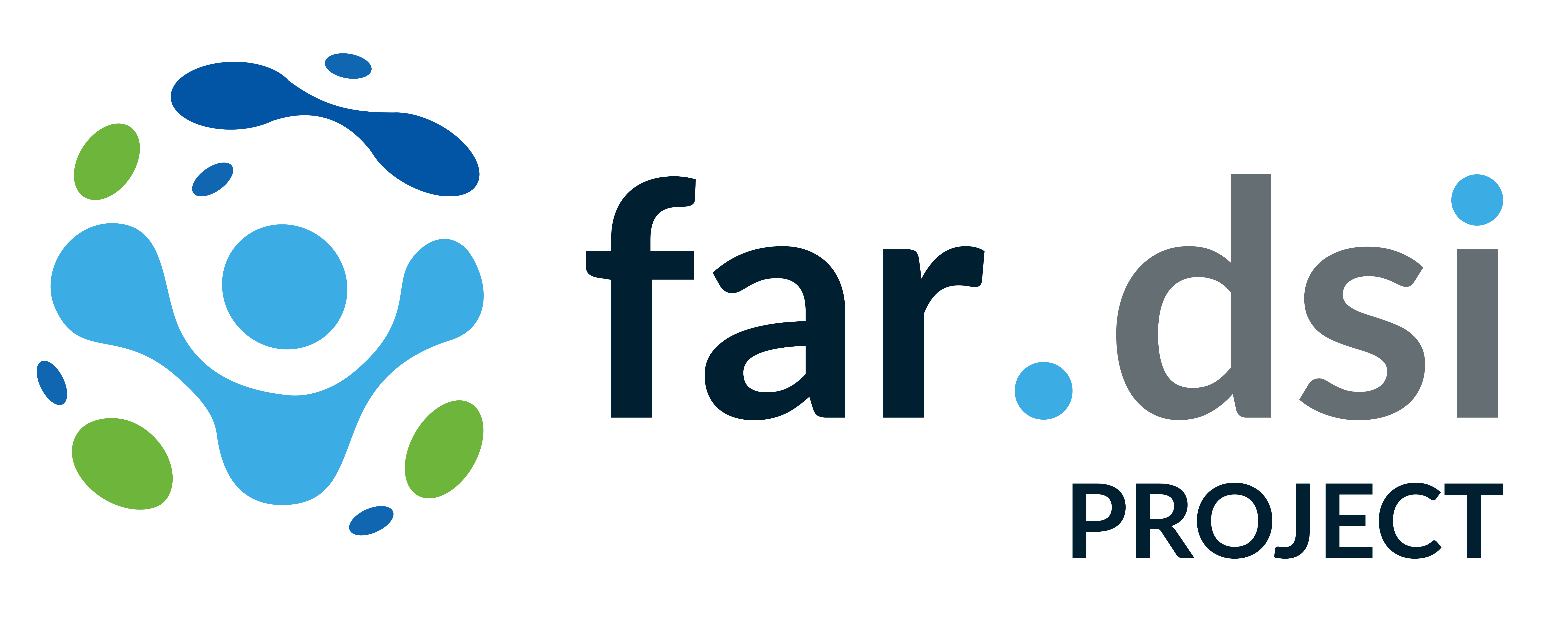
Project goal
The FAR-DSI project is intended to support policymakers in Germany and beyond with technical and practical information to assess the feasibility of the UN negotiations coming out of the 15th Conference of the Parties to the Convention on Biological Diversity (COP15).
What is DSI and why does it matter?
- DSI is a policy term for digital sequence information, i.e., DNA sequences, protein sequences, or molecular data.
- DSI has revolutionized life sciences and became the foundation of modern-day biodiversity research.
- Open access to DSI has allowed the contribution to remarkable advances in biodiversity conservation, agriculture, medicine, and more.
What do we do?
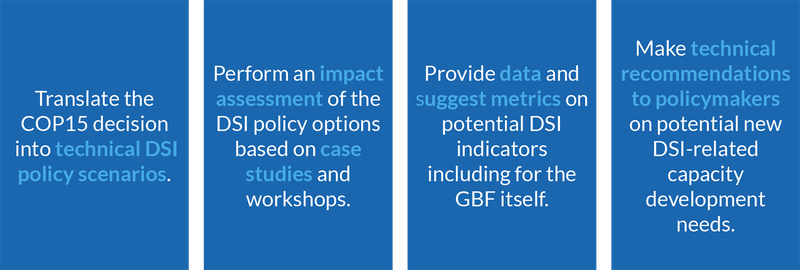
Regulations under debate
- DSI results directly or indirectly from the utilization of Genetic Resources
- Genetic Resources are regulated by the Nagoya Protocol. In a nutshell: the Nagoya Protocol recognizes countries’ sovereign rights over their genetic resources and establishes mutually agreed terms (between the user and provider country) for access and benefit-sharing (ABS) generated by the use of these resources.
- As part of the Kunming-Montreal Global Biodiversity Framework (GBF) agreed on COP15, countries also agreed to establish a multilateral mechanism for benefit-sharing from the use of DSI.
- This is good news! The proposed multilateral benefit-sharing mechanism supports open access to DSI and a global fund for fair and equitable benefit-sharing to the provider countries.
- However, many definitions remain unclear such as details on the governance of the global fund and which type of information would trigger benefit-sharing (i.e., DNA and RNA only, or protein and metabolites data as well).
- In the years ahead, countries must discuss and propose a solution for the application of such a mechanism. A working group will provide recommendations for a decision at COP16, in 2024.
Our Stakeholder Network
We invite interested stakeholders to participate in the FAR-DSI Sounding Board. The institutions below are currently represented.
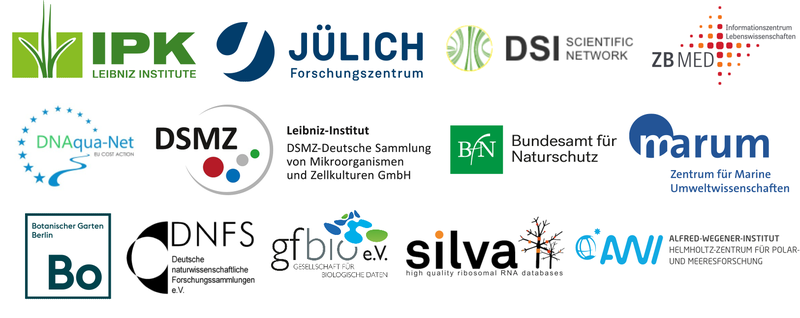
Publications
- Raposo, D. S., Orozco, P., McCartney, A., Freitag, J., Rouard, M., Ebert, B., & Scholz, A. H. (2024). Digital Sequence Information (DSI) data governance practices to support benefit-sharing and science. Zenodo. https://doi.org/10.5281/zenodo.12755428
- Raposo, D. S., Cepeda, M. L., Ebert, B., & Scholz, A. H. (2023). Challenges and opportunities of geographical origin information in DSI benefit-sharing: a global analysis from the academic sector. Zenodo. https://doi.org/10.5281/zenodo.10050454
Participation in events
- Attended
- 15th Conference of the Parties to the United Nations Convention on Biological Diversity (COP15), Montreal, Quebec, 7–19 Dec 2022
- First open ended working group (OEWG) on benefit-sharing from the use of DSI, Geneva, 14–19 Nov 2023
- Upcoming
- Second open ended working group (OEWG) on benefit-sharing from the use of DSI, Montreal, Quebec, 12–16 Aug 2024
- COP16, Cali, Colombia, 21 Oct–1 Nov 2024
Abbreviations
ABS - Access and Benefit Sharing
CBD - Convention on Biological Diversity
COP - Conference of the Parties to the United Nations
DSI - Digital Sequence Information
GBF - Global Biodiversity Framework
OEWG - Open-Ended Working Group
SBI - Subsidiary Body on Implementation
SBSTA - Subsidiary Body for Scientific and Technological Advice
UN - United Nations
Funding
The project is supported by the German Federal Agency for Nature Conservation (BfN) with funds from the Federal Ministry for the Environment, Nature Conservation, Nuclear Safety and Consumer Protection (project number 3522800600, October 2022 – March 2025).
